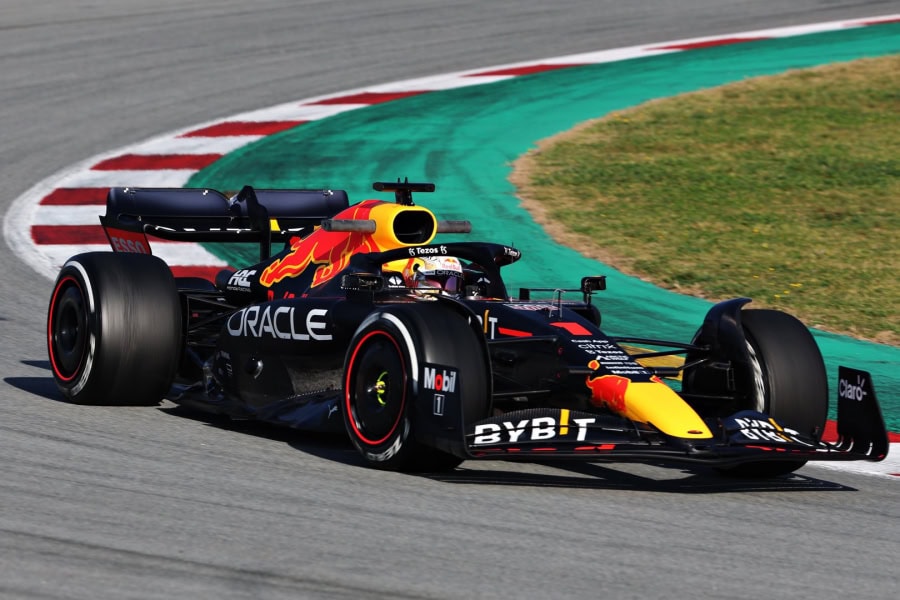Formula1 (F1) has decided to approve a host of new changes to its rules for the upcoming season including the one concerning shortened races.
The issue of rules anent shortened races came to the fore at last year’s Japanese Grand Prix when Max Verstappen was awarded complete points and awarded the F1 drivers title despite the race lasting for only 28 out of 53 laps.
Everyone, including Verstappen himself, was left confused about the outcome but a full haul was enough to give him a second world title with 4 races to spare.
The Formula One commission, which groups the 10 teams and governing FIA as well as the commercial rights holder, held a meeting to approve a change of wording “to ensure that shorter races have reduced points even if they don’t finish with a suspended race.”
The FIA also explained that at the time that the reduced points rule only applied to Grands Prix which were suspended and could not be resumed. The Japanese GP did resume after a two-hour break so a complete awarding of points was justified.
In other changes, the commission also agreed “to relax the regulation of radio messages to and from the drivers at all times during a competition.”
A wet-weather tyre compound was approved that performed better and did not require the use of tyre blankets to get up to the temperatures. It will come into play from Imola in May.
Teams have also been given an extra $1.2 million room on the cost cap, on top of a base of $135 million for the season, to reflect the calendar stretching to a record 23 rounds.
The new F1 season will start on March 5th in Bahrain.










